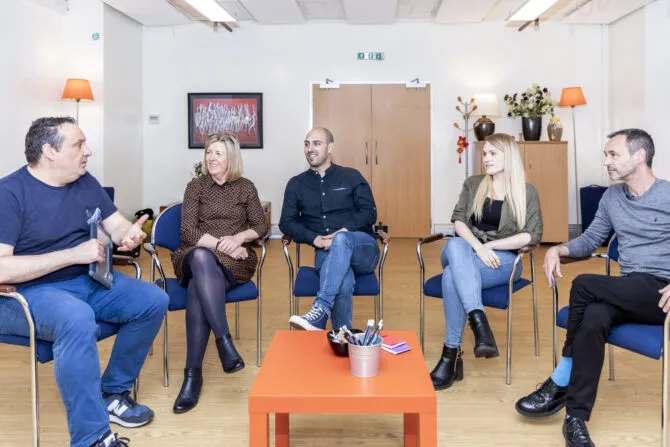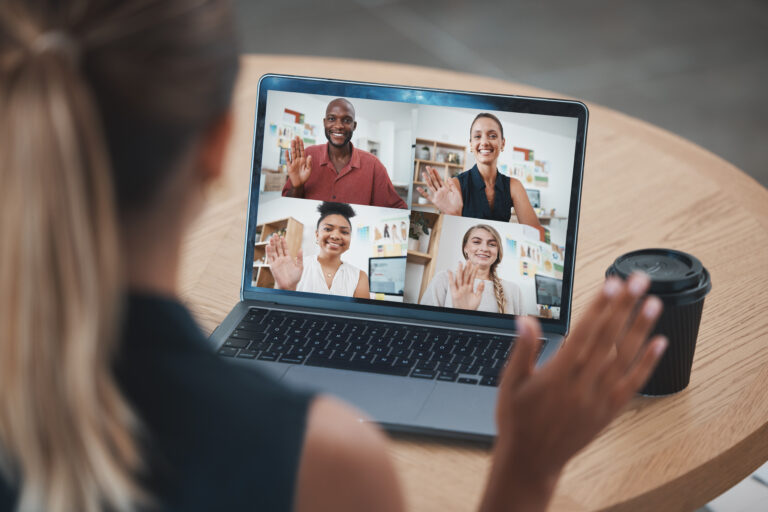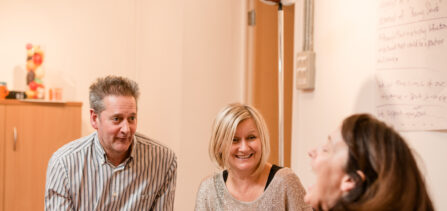Better Virtual Meetings Course
Ensure your remote meetings are successful, productive and even fun.
- Maximum 8 Delegates
- Two Trainers per Course
- Money Back Guarantee
I really enjoyed the course – it was so helpful in so many ways! Both Sarah and Caitlin were fantastic facilitators, really welcoming and engaging. Thank you again for such a worthwhile and valuable day!
One-to-One Skills Training
If you would prefer One-to-One Better Virtual Meetings Training, we offer a 2-hour online Zoom call format for yourself or your colleagues. Please contact us to discuss your requirements.
This course helps you with
Open Meetings With Confidence
Help Everyone Feel Supported
Keep Everyone Engaged
Make Remote Meetings Feel Normal
Ways to Deal with Connectivity Issues
Using Breakout Rooms
Reduce Over-Talking
See New Opportunities
Changing the Dynamic
Keeping Focus
Talk To Us About This Course
- Call us
- +44 (0)20 7226 1877

Book this Better Virtual Meetings Course
This course is only available as one-to-one skills training.
Please contact us to discuss further options.
If you want to book 4 or more people on to a single course, please contact us:
- Call +44(0)20 7226 1877
- Email enquiries@impactfactory.com
Location
London Training Rooms,Suite 121
Business Design Centre,
52 Upper Street,
London, N1 0QH
Running time
{{courses[0].StartTime | formatTime}} - {{courses[0].EndTime | formatTime}}
Format
This course is available in Face-to-Face, Hybrid and Remote formats unless otherwise stated.
This course is available in Hybrid format only.
This course is available in Face-to-Face format only.
This is a Hybrid Course
All of our Hybrid courses can be attended either in-person or remotely. Your choice!
This stunning new ‘Hybrid’ technology makes Remote Learning feel like being there with everyone else in a supportive community!
Ideal for International Customers
Our Hybrid courses are the ideal choice for international customers who would like the quality of an intimate meeting and the convenience of remote learning.
If we could look back at the meetings attended, almost all of us would have liked a different outcome.
A meeting cannot function well if all its parts and participants aren’t in some form of accord.
When meetings are remote like in the current situation, this adds an extra challenge.
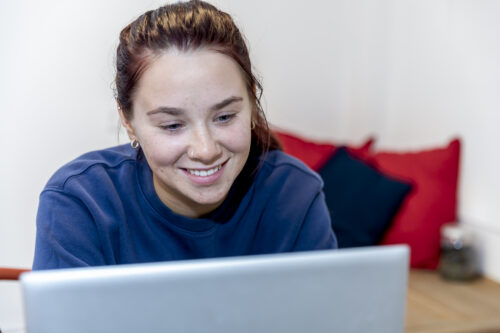
Course Benefits
This Better Virtual Meetings Course is limited to 8 delegates ensuring personal attention to everyone on the course.
2 quality trainers per group means a total focus on you.
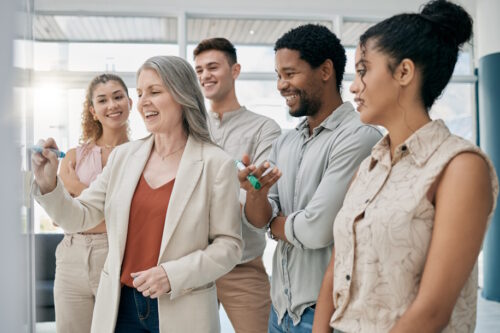
Better Virtual Meetings Course
DAY ONE:
Workshopping every aspect of the meeting cycle
- Setting Up Meetings
- Strong Openings
- Closing a Meeting With Clarity
- Coaching
- Confidence
- Encourage Collaboration
- Reinforce Sense of Togetherness
- Breakout Rooms
The Remote Challenge
Make remote meetings successful
More productive
Dynamic
Interactive
And even fun
Purpose of Meeting
Defined Purpose
Explicit and agreed ground rules
Clear adgenda
Opening and Closing Meetings
Setting up meetings with strong openings
How to close a meeting
Clarity on who will do what by when
Encourage Collaboration
Reinforce the sense of togetherness
Reducing the Sense of distance
Practice
Using Breakout rooms
Encouraging video on
Re-engaging
I really enjoyed the course – it was so helpful in so many ways! Both Sarah and Caitlin were fantastic facilitators, really welcoming and engaging. Thank you again for such a worthwhile and valuable day!
I found the course most useful. It helped me become more aware of peoples behaviours as a result of the training. I certainly will be reviewing my notes before the next meeting I chair/facilitate.




